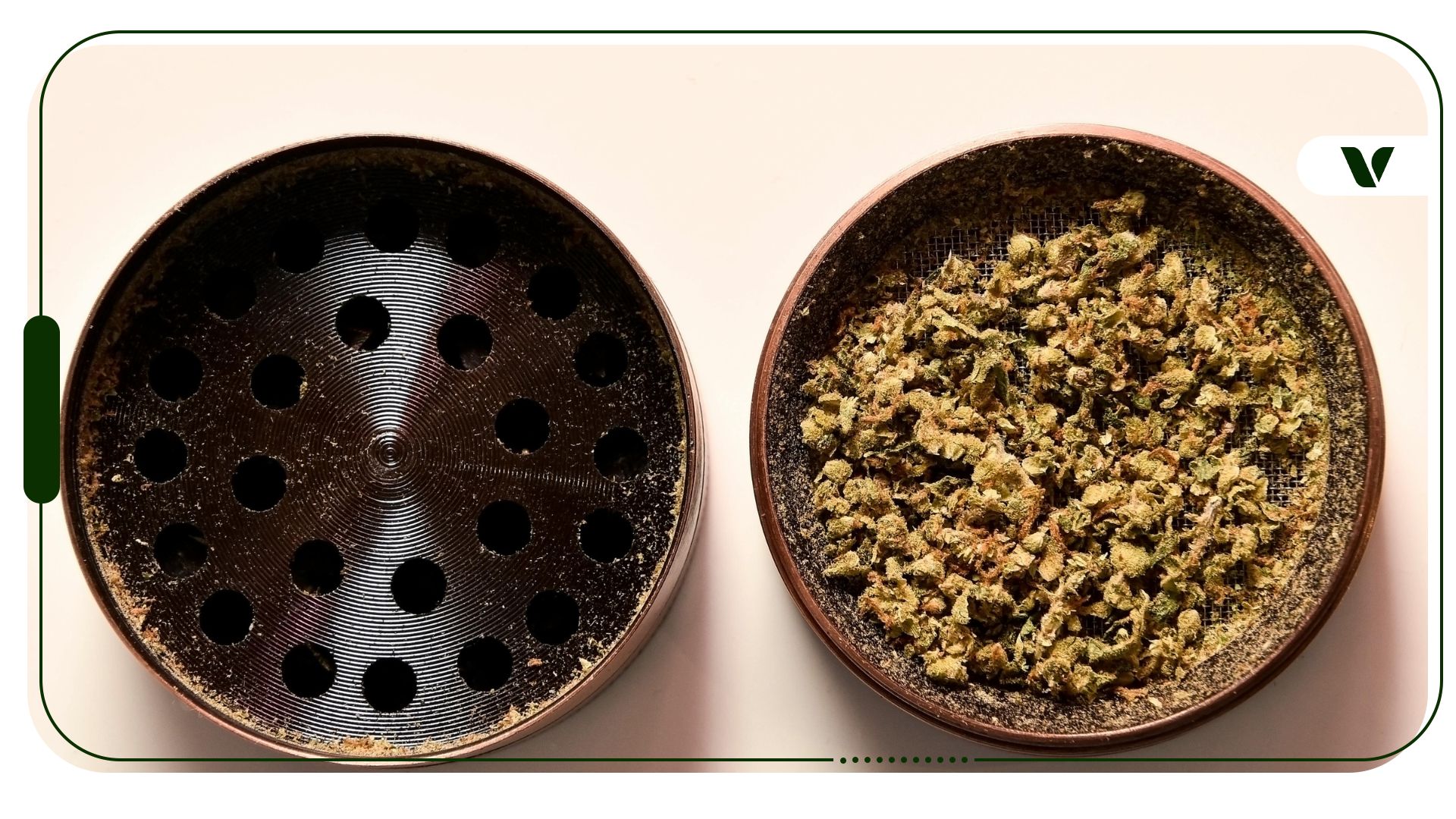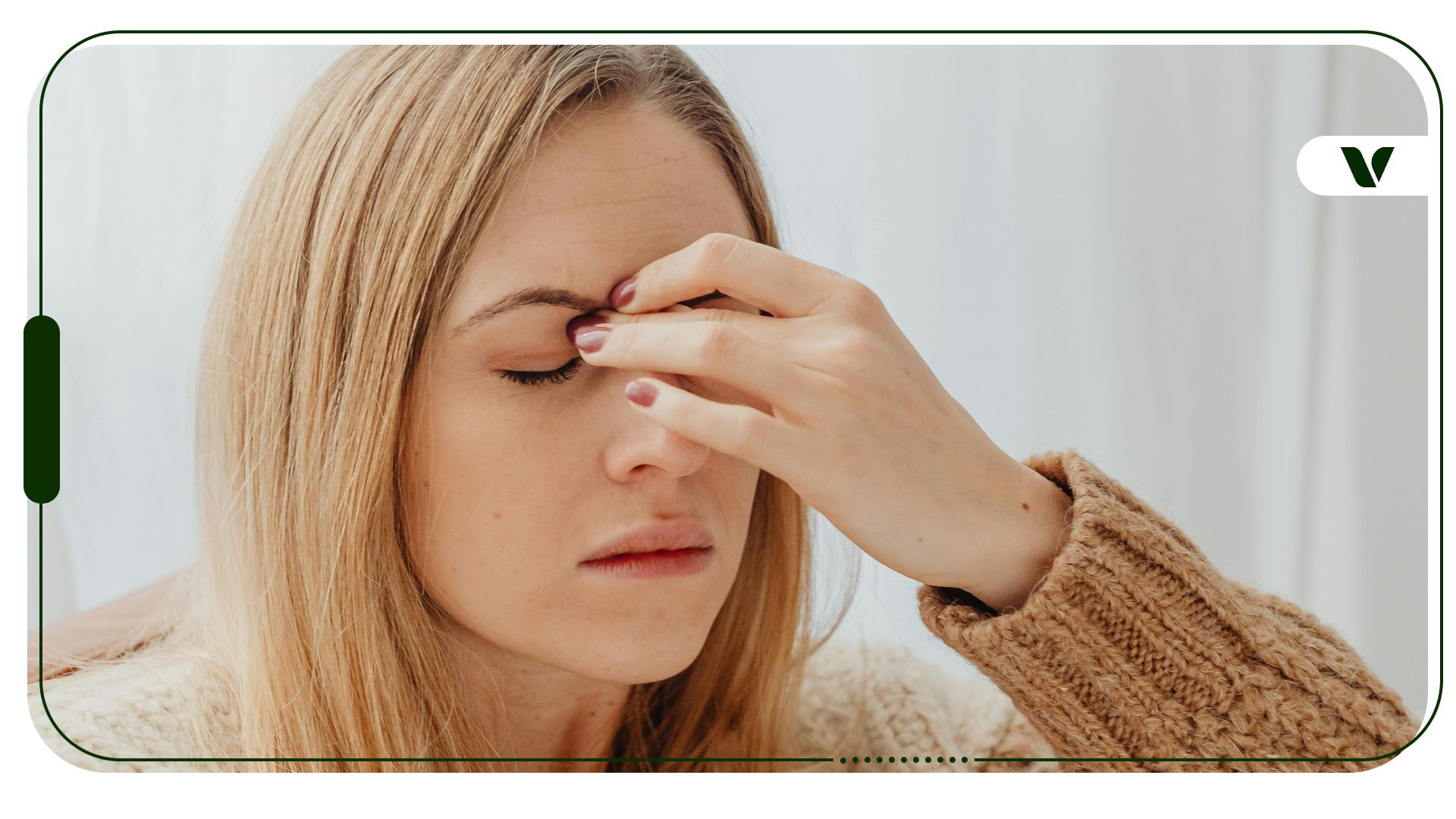The benefits of cannabis continue to gain attention for both recreational and medicinal use, but questions arise about its interactions with other medications — one being blood thinners. Many medical marijuana cardholders consider whether they should continue to consume their cannabis products if they are on blood-thinning medication.
Let’s explore the world of cannabis and its potential impacts on this particular type of drug.
How Does Weed Interact With Blood Thinners?
Combining weed with blood thinners can have several effects on the body. For example, the liver is essential in processing and detoxifying ingested substances. A mix of different compounds can disrupt liver function and slow medication metabolism, which can raise medication levels and potentially lead to dangerous forms of drug interactions.
A 2018 case study focused on the combination of cannabis and warfarin, a common blood thinner. This revealed a concerning pattern of heightened INR levels. Elevated INR signifies an intense blood-thinning effect that slows the clotting process and potentially results in excessive bleeding.
Medical experts generally caution against pairing weed with blood thinners due to safety concerns. However, some experienced doctors may simply reduce the dose of the blood thinner by 22–31% until INRs are within the target range.
Is It Safe To Consume Cannabis With Blood Thinners?
THC and CBD are the main components of cannabis, and these cannabinoids have been linked to blood-thinning effects. A 2023 review mentions “very low-quality data” behind the interaction between marijuana and warfarin, but not other blood thinners.
People on medications like warfarin should use caution when consuming cannabis. The impact of weed on platelets, which are essential for clot formation, raises concern about increased risks of bleeding.
Some case studies shine a light on these possible interactions. The interplay between cannabis and blood thinners leads us to understand that informed decision-making and healthcare guidance are vital to ensuring optimal health and well-being for patients.
Precautions Of Mixing Cannabis With Blood Thinners
When on medications like blood thinners, the safety and effectiveness of the medication are the priority to benefit your physical health. It’s important to understand the precautions of using cannabis along with blood thinning treatment to prevent issues.
Here are some of the best ways to explore cannabis on this medication:
Consult A Healthcare Provider
Before using cannabis on blood thinners, those interested should seek professional medical guidance. A doctor can assess possible effects and measure blood clotting. From there, a decision can be made on whether the use of cannabis is advisable.
Understanding the patients’ reason for considering cannabis is important. Medical marijuana may be used to relieve anxiety, ease aches and pains, or improve sleep. If cannabis is being used for medical purposes, doctors may be more likely to recommend combining weed and blood thinners.
Monitor Dosage And Usage
Interactions between cannabis and blood thinners should be considered by the user. Monitoring the dose and the frequency of usage could be necessary, and it’s wise to start with a low dose of cannabis. You can then gradually increase the amount while watching for any changes in the cannabinoid response.
Consider customizing your cannabis dosage based on your needs, but don’t change your prescription dose unless your doctor agrees. Certain reactions may have negative impacts on treatment.
Understanding The Risks
There are potential risks associated with the mixing of weed and blood thinners, and there can be different responses for each person. There may be dosage mishaps and the potential for increased bleeding or bruising.
Knowing the risks can empower you and help you be more responsible for making informed consumption decisions since safe consumption is based on awareness and caution.
Final Thoughts
Cannabis has therapeutic benefits, but interactions with blood thinners can have undesirable effects.
Being informed, monitoring dosage, and understanding the potential risks are the critical steps to staying healthy during treatment. Prioritizing well-being and seeking professional guidance can help patients make informed choices, aligning with their health goals and needs.
Your health is invaluable. Approach any decision involving weed and blood thinners with caution and care.
Frequently Asked Questions
Is cannabis a blood thinner?
Some studies suggest that cannabis may possess natural anticoagulant properties, but the combination of cannabinoids and platelet function remains a subject for further medical research.
Is CBD oil a blood thinner?
CBD offers a non-psychoactive approach to consuming the plant, but many products are unregulated. This raises questions about its safety when combined with traditional blood thinners. Research suggests that CBD may amplify the effects of blood-thinning agents such as naproxen, ibuprofen, and warfarin, which can lead to elevated drug levels in the body.
Can I smoke weed or are edibles safer?
While smoking weed is a standard method of consumption, those with existing heart or blood conditions should be cautious as there are potential risks associated with inhaling smoke.
CDC data suggests that smoking accounts for a significant method of adult cannabis use. Consider exploring safe consumption alternatives, such as tinctures or edibles. Discussions with your healthcare professional will help ensure that you meet your personalized needs.
Author, Share & Comments









